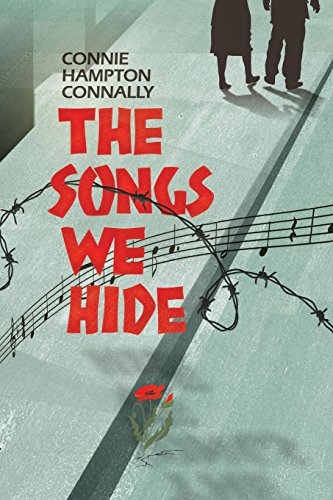The Songs We Hide
Budapest, 1951. Katalin Varga is an unwed mother with a beautiful singing voice, but she hasn’t sung publicly since Róbert, the father of her young daughter, disappeared two years earlier. A follower of controversial communist leader László Rajk, Róbert was likely taken by the secret police.
Péter Benedek has moved to Budapest to find work after his family’s land is seized. The only bright spot in his drab life is Katalin, who sees his potential as a singer and offers to give him voice lessons. The harsh realities of the post-war Stalinist era are depicted through the details of crushing poverty, furtive glances, a fear-soaked atmosphere, and heavy silences. The juxtaposition of those silences with the beautiful voices of Péter and Katalin is powerful and poignant. When Katalin wonders whether she should sing a song less beautifully and more fearfully, her companion answers, “You can do both. Fear and beauty . . . We’re Hungarian musicians. We do both all the time.”
I loved Péter from the first scene when he sings to his stubborn plow horse on his family’s farm, and I found Katalin just as engaging. This is a haunting, character-driven novel with a simple plot, despite the dramatic events occurring in the background.
My father grew up in Hungary during the era depicted in this novel, and I was impressed with the depth and scope of Connally’s research. She has captured not only the turbulent political climate of post-WWII Hungary but also the essence of Hungarian culture. Highly recommended.










